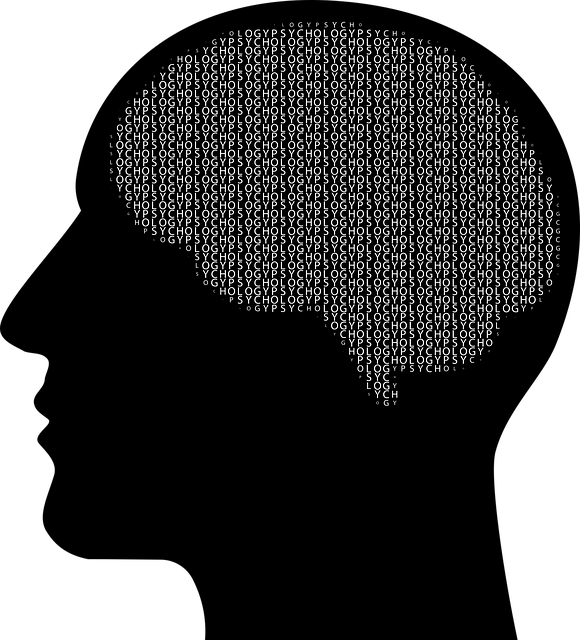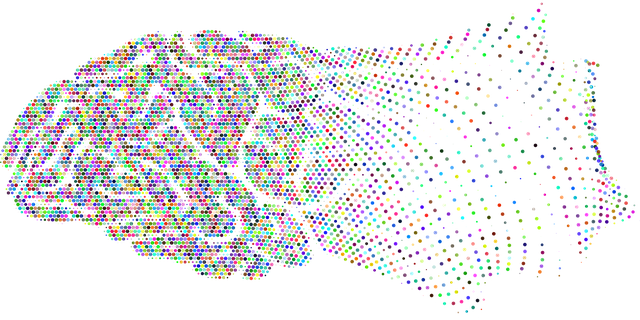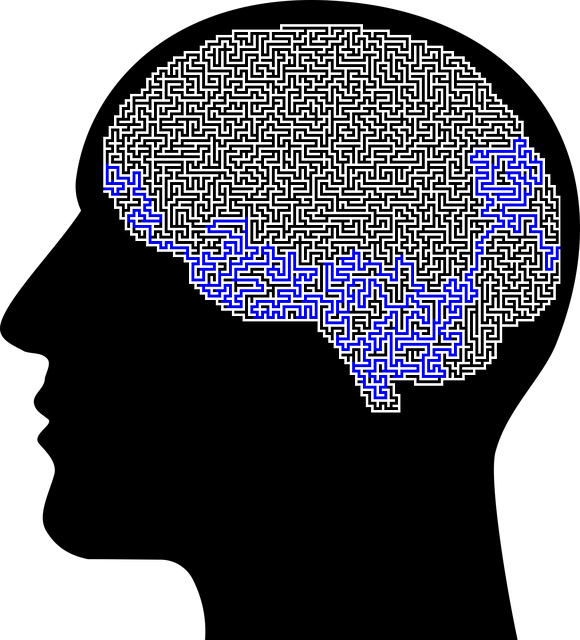Specialized coaching programs tailored to adolescent mental health challenges, including academic pressure and identity formation, combine with psychological testing to offer effective therapy for adolescent teens. This holistic approach, integrating evidence-based practices like CBT and mindfulness, fosters resilience and emotional awareness. Personalized strategies are developed through compassionate cultivation, considering cultural backgrounds and burnout prevention for coaches, ensuring a supportive environment for teen well-being.
Mental wellness coaching programs are gaining traction as valuable tools to support adolescent health. This article delves into the crucial development of such programs, focusing on understanding the unique mental health needs of teens and the role of psychological testing. We explore effective designing strategies and highlight a holistic approach by integrating therapy techniques. By combining evidence-based practices with tailored coaching, we aim to empower teens with the skills to navigate their psychological challenges, emphasizing the importance of therapy for adolescent teens.
- Understanding Adolescent Mental Health Needs and Psychological Testing
- Designing Effective Coaching Programs for Teen Wellness
- Integrating Therapy Techniques into Coaching: A Holistic Approach
Understanding Adolescent Mental Health Needs and Psychological Testing

Adolescent mental health is a specialized field that requires tailored approaches to support teens navigating their unique challenges. Understanding the nuances of this demographic’s psychological landscape is essential for developing effective coaching programs. Adolescents often face pressures related to academic expectations, social dynamics, and identity formation, which can contribute to various mental health issues such as anxiety, depression, and stress.
Psychological testing plays a pivotal role in assessing these needs, providing insights into an individual’s cognitive abilities, emotional states, and behavioral patterns. These assessments help identify strengths and weaknesses, enabling coaches to design personalized strategies for resilience building and stress management. By incorporating compassion cultivation practices, coaching can foster a supportive environment, enhancing adolescents’ coping mechanisms and overall well-being.
Designing Effective Coaching Programs for Teen Wellness

Designing effective coaching programs for teen wellness requires a nuanced approach that caters to the unique needs and challenges faced by young individuals. It’s crucial to integrate evidence-based practices, such as psychological testing and therapy for adolescent teens, into these programs. By assessing emotional intelligence and identifying areas of distress, coaches can tailor interventions that promote positive thinking and develop essential communication strategies.
This holistic approach ensures that coaching sessions not only address immediate concerns but also equip teens with lifelong skills to navigate their mental health journeys. Incorporating techniques that foster emotional awareness and effective communication helps create a safe space for teenagers to express themselves honestly, enabling them to build resilience and cope with life’s challenges more effectively.
Integrating Therapy Techniques into Coaching: A Holistic Approach

Incorporating therapy techniques into mental wellness coaching offers a holistic approach tailored to meet the diverse needs of adolescent teens. Beyond traditional coaching methods, integrating evidence-based therapeutic interventions allows coaches to address underlying psychological issues and promote healthier coping mechanisms. By drawing from practices such as cognitive behavioral therapy (CBT) and mindfulness techniques, coaches can facilitate significant improvements in areas like stress management and emotional regulation. This approach benefits teen clients by providing them with tools not only for short-term relief but also for long-lasting mental resilience.
Cultural sensitivity in mental healthcare practice plays a pivotal role in this integrated model. Coaches must be adept at tailoring their strategies to accommodate the unique cultural backgrounds, beliefs, and values of each teen client. This consideration is crucial as it ensures that therapy remains accessible and effective, avoiding potential barriers that might arise from a mismatch between therapeutic methods and personal narratives. Moreover, incorporating aspects of burnout prevention strategies for healthcare providers can help coaches sustain their own well-being while they support their young clients’ journeys towards mental wellness.
Mental wellness coaching programs are a promising approach to addressing adolescent mental health needs. By combining psychological testing and integrating therapy techniques, coaches can create effective support systems tailored to teen wellness. This holistic method ensures that each young person receives personalized guidance, fostering resilience and overall well-being. With the right strategies in place, these programs have the potential to revolutionize mental healthcare for adolescents, offering accessible and engaging therapy for a better future.











